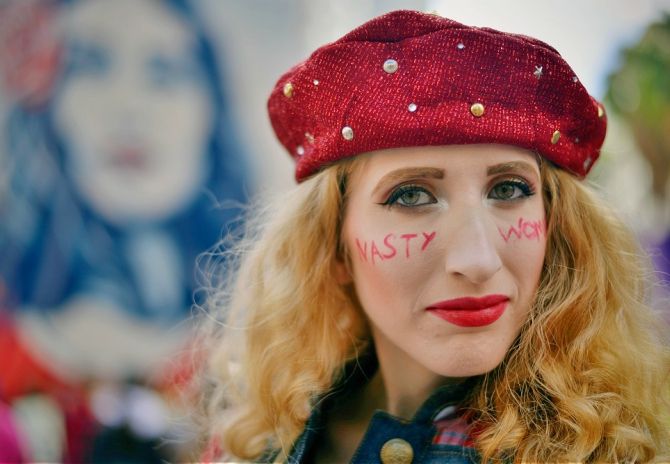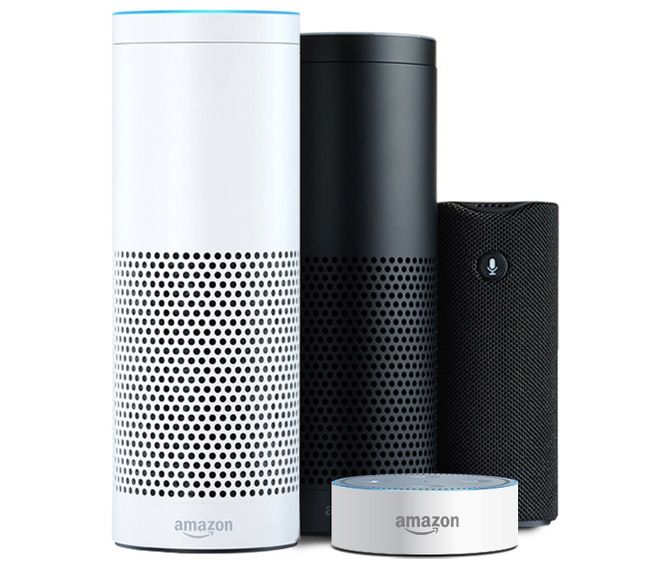Here's how it happened.

Photograph: Chelsea Guglielmino/Getty Images.
Ever since the start of the #MeToo campaign in October 2017, conversations on gender discrimination and feminism have been changing across the world. And Alexa, Amazon's smart digital assistant, is no different.
Since last year, Alexa's writers have given her a 'disengage mode.'
According to a Refinery29 report, 'Call Alexa a bitch, or any other derogatory term, and the reply is a curt: "I'm not going to respond to that".
'This lack of responsiveness, known as Alexa's disengagement mode, is deliberate.'
Heather Zorn, the director of Amazon's Alexa engagement team, tells Refinery29, 'One of the ways we try to avoid perpetuating negative stereotypes about women is by not answering certain questions or responding to certain insults,'
This is a significant leap considering this time last year, a Quartz feature found Alexa 'embodied female subservience'.
Reporting on the changes found this year, the Quartz writer says, 'I know this because I spent weeks harassing her -- along with Apple's Siri, Microsoft's Cortana, and Google's Home -- with every sexually suggestive insult I could think of. I wanted to see if she or the other bots would stand up for themselves. The results, reported in a Feb 2017 Quartz feature, were disheartening at best. In response to "you're a b**ch' and 'you're a sl*t,' Alexa said 'well, thanks for the feedback'; in response to 'you're hot,' she said 'that's nice of you to say.'
The Quartz report adds, 'Alexa's passive responses to sexual harassment helped perpetrate a sexist expectation of women in service roles: that they ought to be docile and self-effacing, never defiant or political, even when explicitly demeaned.' Her complacency was also surprising in light of... the fact that Alexa identifies as "female in character", which places a clear charge on Amazon to ensure the digital servant isn't sexist.

Photograph: Courtesy amazon.com
Zorn tells Refinery29, 'We're trying to do the right thing, which is to help our customers -- that's our first job. But we also want to be really mindful about ensuring that we're upholding our obligation and opportunity to represent Alexa in a positive way for everyone, especially for girls and for women.'
For instances like determining 'how to respond when a customer tells Alexa they have been sexually abused,' the report noted, 'the team consulted external experts, including national crisis counselors.'
They collectively decided that Alexa's response would be a mixture of empathy with a statement like, 'I'm sorry that happened to you' and help by way of providing the user with a phone number for a support line.
Nearly 5,000 Amazon employees are tasked with working on Alexa, and they are aware that they have to tread a fine line between fuelling a successful business by not upsetting customers and doing the right thing.
And even though they know 'it's almost impossible to take a stance on an issue and not upset someone,' on the issue of feminism Alexa is firm.
Ask Alexa if she's a feminist, she will not only say yes, but also add, 'As is anyone who believes in bridging the inequality between men and women in society.'










